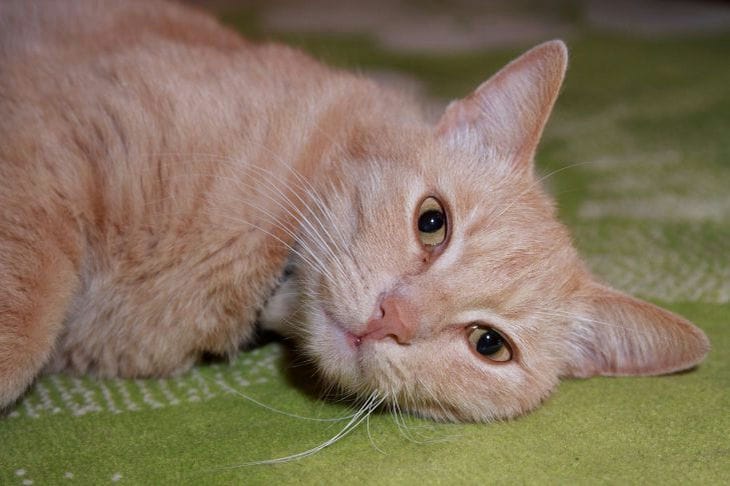Cats are graceful and independent creatures, but their sharp claws can be a nuisance to their owners.
Understanding the reasons why cats scratch can help you build a harmonious relationship with your pet and protect yourself from scratches.
Hunter's instincts: a natural need
Scratching is a natural behavior for cats, ingrained by nature. In the wild, cats use their claws to hunt, climb trees, and defend themselves from enemies.
Domestic cats, although they do not need to hunt, retain this instinct and continue to sharpen their claws.
Sharpening claws: keeping the tool in perfect condition
Claws are an important tool for cats that require constant care. By scratching various surfaces, cats remove the keratinized layer of the claw, renewing it and keeping it sharp.

Territory marking: smell and visual marks
When cats scratch objects, they leave not only visual marks, but also their scent.
Cats have special glands on their paw pads that secrete pheromones, which are used to mark territory and transmit information to other cats.
Expression of emotions: from joy to stress
Scratching can be a way for a cat to express emotions. Excitement, stress, discontent - all of these can manifest themselves in scratching.
It is important to learn to recognize the signals your cat gives in order to understand its mood.
Ways to protect yourself from cat scratches: taking care of your pet and yourself
Scratching post: Provide your cat with a special place to scratch – a scratching post. Choose a scratching post made of durable materials, stable and high enough for your cat to stretch out completely.
Regular nail trimming: Trim your cat's nails with special nail clippers to reduce their sharpness and the risk of scratching.
Games and physical activity: Give your cat plenty of attention, play with it, and allow it to run and jump so it can release its energy and satisfy its need for movement.
Furniture protection: Use special covers or sprays with a repellent scent to protect furniture from cat claws.
Alternative Surfaces: Offer your cat alternative scratching surfaces, such as cardboard boxes, pieces of carpet.
Positive reinforcement: Reward your cat for using the scratching post, play with it near it, and give treats to reinforce the desired behavior.
Patience and understanding: Remember that scratching is a natural behavior for a cat and should not be punished for it. With patience and understanding, you can find ways to coexist with your furry friend without scratching.
Earlier we wrote about why cats massage their blankets.








